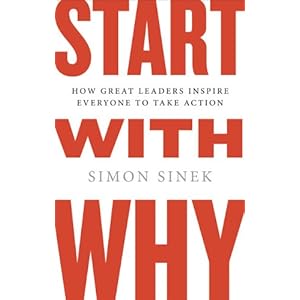Two nights ago, I voted for the first time in my life.
I left Canada when I was 17, before I could legally vote. For the next eleven years, I could not vote in American elections, so I watched helplessly as George W. won against Al, then hopefully as Barack cruised to the Oval Office. I became an American citizen almost 18 months ago, and missed last year's elections because I was traveling in Southeast Asia.
This year, I have no more excuses. As elections go, the San Francisco mayoral election is rather small and insignificant. The mayor can't do much to fix the economy, can't order men to bomb foreign lands, and only tangentially affect the lives of half a million or so people. I don't know much about the candidates, and have even less knowledge about the ballot measures. So I wondered, how much is my vote really going to matter? And if I vote without knowing about what I'm voting for, is it better than not voting at all?
So the night before election day, I sat in front of my computer with my mail-in ballot and downloaded the voters pamphlet from the city's election website. Pamphlet is a misnomer, since it is 187 pages long, but I gave myself an hour to figure out the personalities and issues.
I was pleasantly surprised at the quality of the voters pamphlet. The first section outlined the format of the elections and how to fill out the multiple choice ballot. The second section introduced the candidates for the three posts up for election (Mayor, District Attorney and Sheriff). There were many candidates for mayor, some with more experience than others, a few are just plain crazy (it is San Francisco after all). The next part, also the most helpful section, detailed the ballot measures. For each measure, the election committee gave a non-opinionated background on what the issue is about, then the controller gave a statement on how much the measure would impact city finances and taxation. Then the proponents and opponents gave written arguments and rebuttals, followed by paid endorsements either for or against the measure by various groups ranging from concerned citizens to the Sierra club and Republican party. Reading through these arguments actually gave me much clarity on the issues and allowed me to form my own opinions. The last section of the pamphlet consisted of actual legal wording of the ballot measures, which I didn't bother reading.
I was done within an hour. I believe I had at least 80% understanding of the issues and problems. Sometimes it was difficult to decide, and I wish I had more time to research the issue. For example, I had to weigh the ballot measure on increasing sales tax 0.5% to pay for some city services against a bond measure to do maintenance on our streets. I ended up voting for one and not the other, but it wasn't an easy decision.
And this was the interesting part. Because I took time to read through the pamphlet, I actually cared. This is why the decisions weren't easy. I felt responsible. My vote may not have mattered much among the hundreds of thousands of votes casted, and I may not have made the best decision possible, but through the act of voting, I better understood the complexities of the issues facing my city today. Thus, participation is the most important part of democracy.
I'm a believer now. It only take an hour to be informed enough to vote. The difference is between ignorance and responsibility. The trade-off is well worth it.
